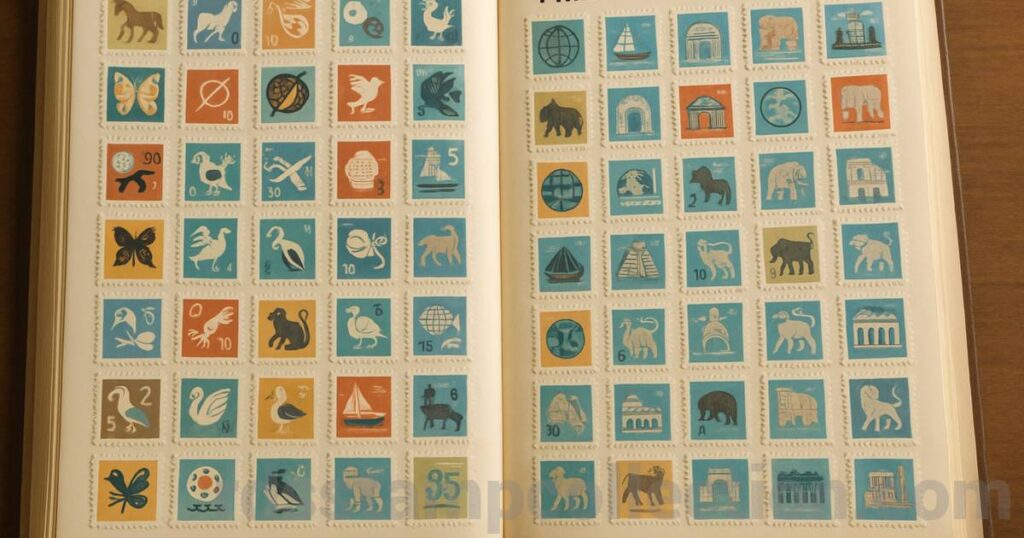India is going digital — and now, so are your addresses.
The question on everyone’s mind: Will DigiPIN replace PIN codes in India?
Let’s break it down.
📌 What is DigiPIN?
DigiPIN is a 10-digit digital address system introduced by the Indian Postal Department.
It provides your exact location, accurate within 4 meters.
Unlike traditional PIN codes, DigiPIN is unique to your specific home or business.
It’s designed to work both online and offline.
🧠 Who Developed DigiPIN?
The DigiPIN system was created through a powerful collaboration:
India Post – Spearheading the initiative.
IIT Hyderabad – Technology and research support.
NRSC – Satellite data and mapping.
ISRO – Geospatial data and location accuracy.
They used advanced GIS, GPS, and satellite imagery to link every address in India to a unique digital code.
🔁 DigiPIN Vs PIN Codes?
Here is a high level comparison between traditional PIN code and DigiPIN.
| Feature | Traditional PIN Code | DigiPIN |
| Digits | 6 | 10 |
| Area Coverage | Broad zones | Exact property (4m accuracy) |
| Technology Used | Manual sorting | GIS, GPS, Satellite Mapping |
| Use Cases | Mail delivery only | Postal, Emergency, E-commerce |
DigiPIN solves the biggest issue with old PIN codes: lack of precision.
With DigiPIN, two homes right next to each other will have different codes, improving deliveries and services.
🚑 Why DigiPIN Matters
Emergency services (ambulance, police, fire) can locate you instantly.
E-commerce deliveries reach the right doorstep.
It helps in areas where traditional addresses don’t exist, especially in villages and remote regions.
Government services and welfare programs can deliver benefits more efficiently.
📍 How to Get Your DigiPIN
Want your digital address? Here’s how:
- Visit: https://dac.indiapost.gov.in/mydigipin/home
- Allow location access on your phone or PC.
- Tap your current location on the map.
- Get your unique 10-digit DigiPIN instantly.
- You can now share your DigiPIN like you share your address or phone number.
🔒 Is DigiPIN Secure?
Only you can choose to share it.
It’s tied to location, not personal identity.
Developed by government agencies — safe and official.
🧭 Will DigiPIN Replace PIN Codes in India Completely?
That’s the plan — but it will happen gradually.
India Post is rolling out DigiPIN phase by phase, starting with major cities and moving to rural regions.
Over time, DigiPIN will become the standard, used for everything from letters to logistics, government services to groceries.
📬 How Will DigiPIN Affect Philatelists and Stamp Collectors?
While DigiPIN is a step forward for logistics and technology, it may have unexpected effects on the world of philately — the art of stamp collecting.
End of Traditional Postmarks?
Postmarks often include the 6-digit PIN code and name of the local post office.
With DigiPIN, postmarks might shift to digital tagging or QR-based metadata.
This could reduce the charm of region-based or rare postmarks, which are a big part of philatelic value.
Decline in Regional Identity
Many collectors value stamps and covers from specific regions or towns.
Replacing PIN codes with uniform digital addresses may reduce geographical identity in postal records.
More Digital, Less Physical
DigiPIN may accelerate the digitization of mail and reduce physical letters.
Less physical mail means fewer opportunities for new stamp releases, especially for commemorative or location-based series.
But There’s Hope…
India Post could create DigiPIN-themed stamps to commemorate this technological shift.
New collectors may emerge who specialize in “digital-era philately” — including DigiPIN-era covers, QR-tagged envelopes, and hybrid digital-postal systems.
📌 Final Thought
Will DigiPIN replace PIN codes in India?
Yes — it’s already happening. But it will take some time for us to adopt.
DigiPIN is faster, smarter, and more accurate. It’s a major step in India’s digital transformation.
While DigiPIN modernizes mail delivery, preserving postal heritage will depend on efforts by India Post and the philatelic community.
For philatelists, this is a turning point — and perhaps, the start of a new collecting era.


